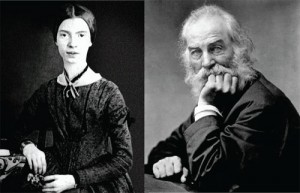 The feeling of not having to do something can be surreal. Not having the children at home to take care of, not having a mate, not having a business to run, not having a regular caffeine fix…now, not having to write a poem a day!
The feeling of not having to do something can be surreal. Not having the children at home to take care of, not having a mate, not having a business to run, not having a regular caffeine fix…now, not having to write a poem a day!
No one made me. The incentive came from producing very few poems for almost three years while I was concentrating on writing the memoir. I am, at the heart, a poet; and it was frustrating not to be writing poems. Jannie Dresser’s Poem-a-Day online class gave participants opportunity to post their poems. It was almost like handing in homework, something that I was programmed to do very well since primary school.
365+ poems later, I feel like I’ve graduated. Through this year-long exercise I have discovered my own capacity and know that it is time to move onto something else. This “something” is quite intangible at this time, but it must have space to allow it to manifest. The moment of liberation is surreal, until the path shows itself.



